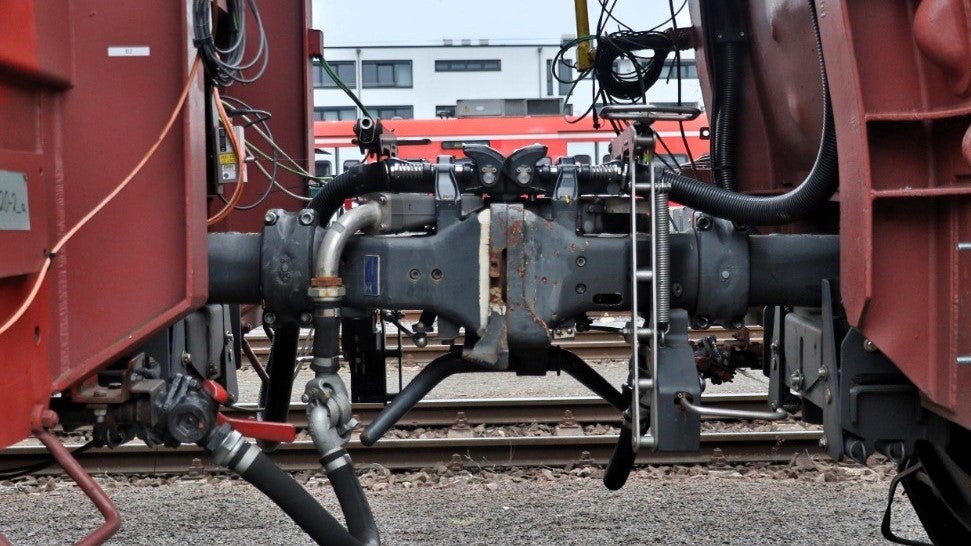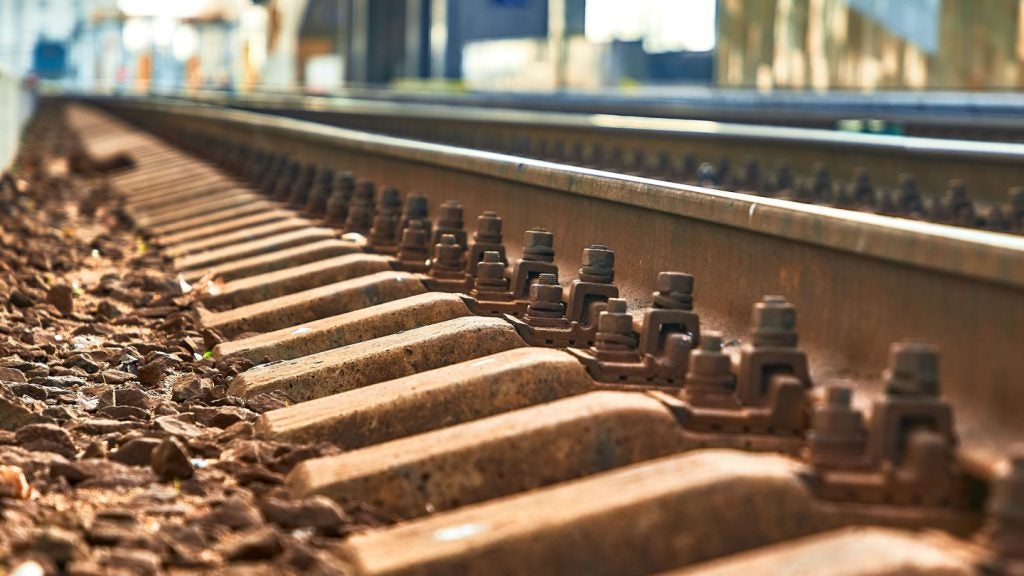A consortium of rail freight companies and railway industry stakeholders led by Deutsche Bahn (DB) said its Digital Automatic Coupling (DAC) project has completed testing and is on schedule to begin production.
DB Board Member and DB Cargo Rail CEO Sigrid Nikutta presented the system to the European Commission in Brussels on Tuesday 2 April.
"A digital freight train has successfully completed its two-year practical tests," she said.
"Now the first customers in rail freight transport are set to benefit from the new technology. Our joint experience will then flow into series production."
DB is one of many European rail companies working towards the European Union’s plan to introduce DAC on the bloc’s diverse and extensive freight rail network. The Commission is holding its "Connecting Europe Days" conference in the Belgian capital this week, where the financing of digital coupling as a new system standard is a key priority.
The technology is seen as key to expanding the capacity of Europe’s freight systems because the 500,000 freight wagons operating in the EU are still manually coupled. Updating this process should be much more efficient, and allow other steps forward.
Kerstin Maria Rippel, managing director of the German Steel Federation was at the presentation and noted the potential benefits of DAC for industrial trade.
“The Digital Automatic Coupling can become a real turbo for rail freight transport - and thus an important building block for efficient, climate-friendly supply chains".
"More than half of the steel industry's transport operations are carried out by rail. Our member companies rely on efficient logistics for both the supply of raw materials and the dispatch of finished steel products,” she explained.
DB said the technology would allow “significantly higher speeds” for freight trains.
“With… continuous power and data lines, significantly higher speeds are possible, partly because brakes can be controlled electronically - as has long been the case with passenger trains,” the rail provider said.










